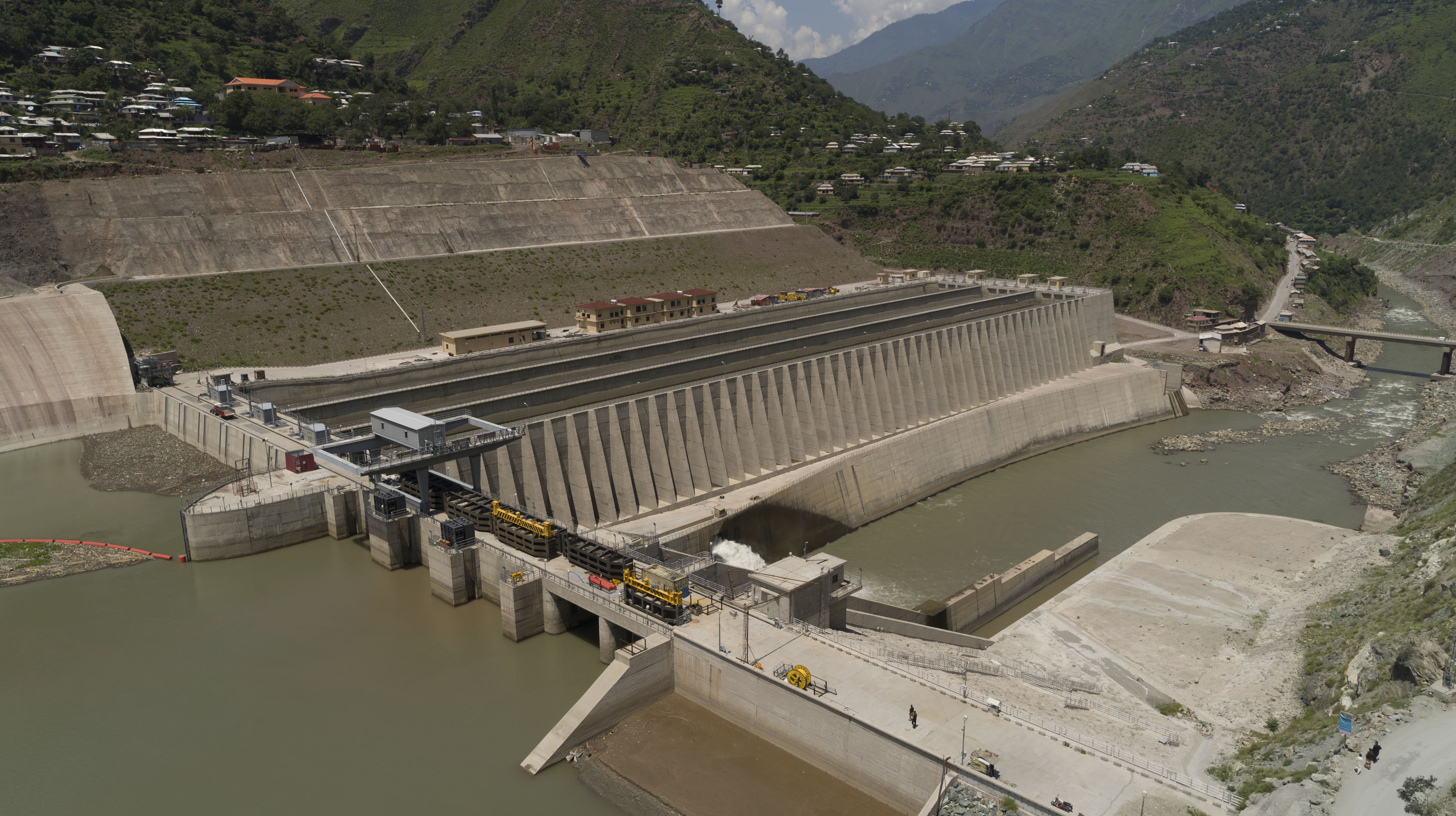Saudi Arabia’s Economic Transformation and the Role of Non-Oil Exports in Vision 2030
Saudi Arabia is making steady progress toward building a robust and diversified economy, guided by the objectives of Vision 2030. A core pillar of this transformation is reducing the nation’s reliance on oil as its primary revenue source and increasing the contribution of non-oil sectors to GDP.
Among the key drivers of this economic shift is the enhancement of non-oil exports, which serve as a catalyst for sustainable growth, a stable source of income, and a means to elevate the global competitiveness of Saudi products.
In 2024, non-oil exports demonstrated strong growth. According to data from the General Authority for Statistics, non-oil exports (including re-exports) rose by 14.3% in February 2025 compared to the same month in the previous year.
Re-exports (re-exporting imported goods to other markets) also surged by 45.9%, underscoring Saudi Arabia’s emergence as a regional logistics hub. Meanwhile, oil exports’ share of total exports fell from 76.3% in February 2024 to 72.1% in February 2025, signaling meaningful progress in diversifying the national economy.
Chemical products accounted for 20.3% of total non-oil exports, followed closely by plastics, rubber, and their products at 20.0%. China remained the top importer of Saudi non-oil goods, followed by the UAE, India, Japan, Egypt, Poland, U.S.A., Taiwan, and the Kingdom of Bahrain. The top ten importing countries together represented approximately 72.0% of total exports.
Yet there are some challenges, primarily regarding access to trade finance, particularly for small and medium-sized enterprises (SMEs). These businesses often require financial support to cover production costs, enter global markets, and meet international export standards. Since this is an internal structural issue, addressing it necessitates the development of effective and targeted financing tools.
The National Development Fund (NDF) plays a pivotal role in supporting the export ecosystem. Through its affiliated entities, NDF offers long and short-term financing, export guarantees, and pre- and post-shipment services to facilitate the global reach of Saudi products. The Saudi Export-Import Bank (EXIM Bank) and the Saudi Export Development Authority also contribute integrally to this ecosystem.
During the 2024 Local Content Forum, the Saudi EXIM Bank announced 18 financial products tailored to exporters, including export financing, international buyer financing, working capital support, and credit guarantees. These instruments are tied to local content thresholds, further reinforcing national economic development.
These initiatives align with growing international confidence in the Saudi economy. Standard & Poor’s recently upgraded its outlook on Saudi Arabia to A+ with a stable outlook. while Moody’s raised the Kingdom’s credit rating to Aa3, reflecting trust in the country’s ability to execute its reform agenda and maintain financial and economic stability.
By empowering non-oil exports, Saudi Arabia is paving the way for a more diversified, resilient, and sustainable economy. Through enhanced trade infrastructure, stimulated local production, and innovative financing solutions, the National Development Fund plays a key role in this transformation, reinforcing the Kingdom’s position as a global economic powerhouse.
Disclaimer: The information in this article is for general informational and educational purposes only and aims to provide general insights into . It is not intended to provide specialized professional advice of any kind. See more





